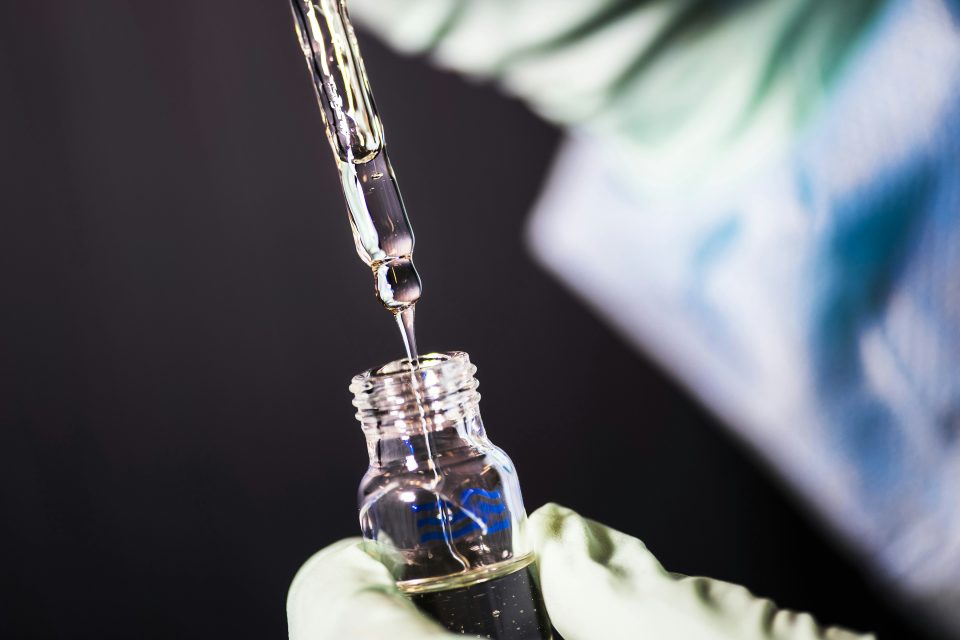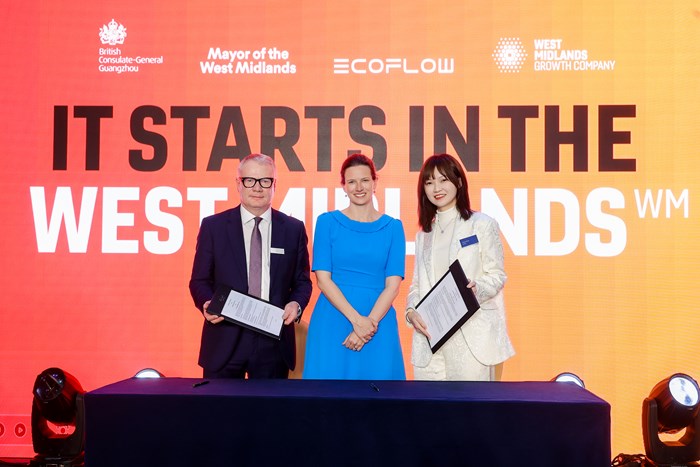University of Birmingham enhances EPSRC CDT programme in formulation engineering to tackle Net-Zero ambitions

The University of Birmingham’s esteemed EPSRC Centre for Doctoral Training (CDT) in Formulation Engineering has been selected as one of 65 CDTs to receive a portion of £1 billion in funding, marking the UK’s largest investment in doctoral training for engineering and physical sciences to date. This announcement was made today by the Secretary of State for Science, Innovation, and Technology, Michelle Donelan.
This significant funding includes a £500 million contribution from UK Research and Innovation and the Ministry of Defence, supplemented by an additional £590 million from academic institutions and industry partners. These 65 Engineering and Physical Sciences Research Council (EPSRC) CDTs are set to drive research in key fields that are crucial to national interests, such as artificial intelligence, quantum technologies, semiconductors, telecommunications, and engineering biology.
Science and Technology Secretary Michelle Donelan said: “As innovators across the world break new ground faster than ever, it is vital that government, business and academia invest in ambitious UK talent, giving them the tools to pioneer new discoveries that benefit all our lives while creating new jobs and growing the economy.
“By targeting critical technologies, including artificial intelligence and future telecoms, we are supporting world-class universities across the UK to build the skills base we need to unleash the potential of future tech and maintain our country’s reputation as a hub of cutting-edge research and development.”
The Birmingham EPSRC Centre for Doctoral Training in Formulation Engineering, now focusing on “Formulation for Net Zero,” is set to prepare graduates for the creation of the next wave of formulated products with a net-zero impact. Such products play a pivotal role in the UK’s economy and include a wide range of items like foods, fuel cell and battery materials, pharmaceuticals, paints, catalysts, structured ceramics, coatings, cosmetics, detergents, and agrochemicals, contributing over £95 billion in gross value added (GVA) in 2021, according to UK statistics.
Positioned within the University of Birmingham’s School of Chemical Engineering, the revamped CDT builds on more than two decades of pioneering new technologies and leading in the field of formulation engineering. This effort supports UK manufacturing and was acknowledged by the awarding of a Queen’s Anniversary Prize in 2011, highlighting the university’s longstanding commitment and contribution to the sector.
The innovative “Formulation for Net Zero” strategy, crafted in collaboration with leading industry partners such as Celanese, Procter & Gamble, Unilever, Jacobs Douwe Egberts, Johnson Matthey, GSK, Innospec, Bristol Myers Squibb, AstraZeneca, and Rolls-Royce, aims to revolutionize the development of new formulated products through the adoption of digital manufacturing techniques.
These products are designed from the outset to be produced and utilized in a manner that aligns with Net Zero objectives. Achieving this ambitious goal necessitates the introduction and refinement of manufacturing processes that not only utilize decarbonized energy sources but also incorporate green raw materials derived from non-petrochemical sources or recycled content, marking a significant shift towards more sustainable and environmentally-friendly production practices.
Elspeth F Micklem, Chair of the Industrial Management Committee for the CDT and Global Director of Product Engineering at Unilever, said: “This new focus for the CDT – FFN0 – is positioned to make a unique contribution to the design, manufacture and future scale-up of net zero formulated products, by applying digital approaches to complex multi-disciplinary multi-component challenges with incoming industrial application”.
The new Director for the Centre, Professor Mark Simmons said: “I’m delighted that the new CDT will be spearheading the drive to Net Zero with our world-class formulation industry partners, which will lead to exciting new products, underpinned by digitalisation and zero-carbon approaches to materials choice, processing and use”.
The University of Birmingham is set to contribute to a second Centre for Doctoral Training (CDT) that has been awarded funding, the EPSRC Centre for Doctoral Training in Aerosol Science. This program, titled “Harnessing Aerosol Science for Improved Security, Resilience and Global Health,” is spearheaded by the University of Bristol.
This initiative underscores the collaborative effort to leverage aerosol science for the enhancement of security measures, the bolstering of resilience, and the betterment of global health outcomes, reflecting a multidisciplinary approach to addressing some of the world’s most pressing challenges.






